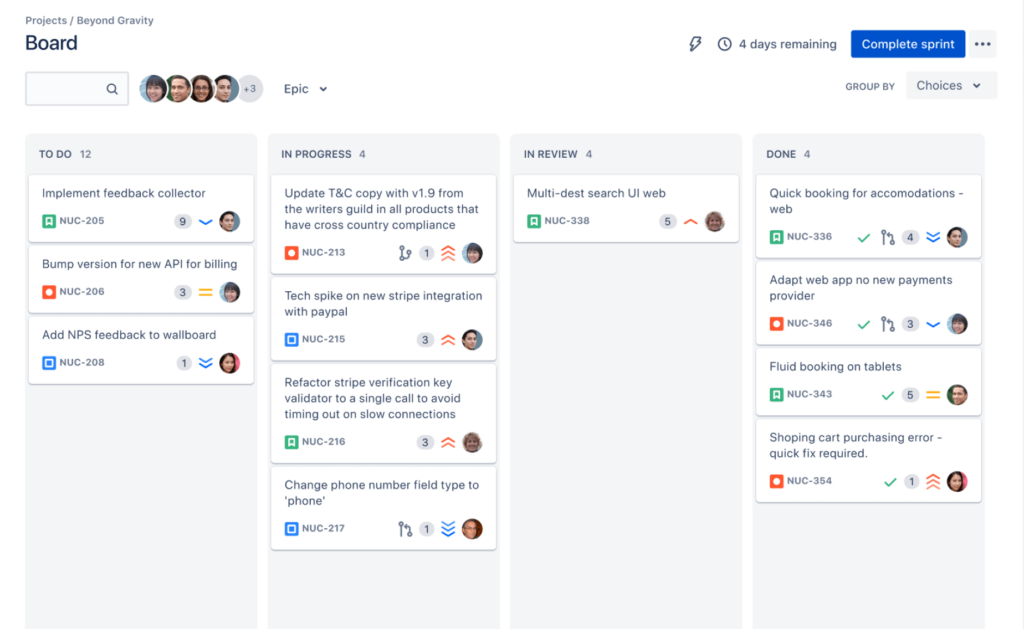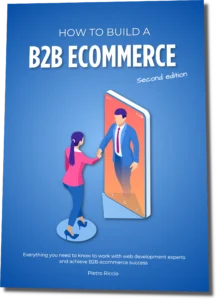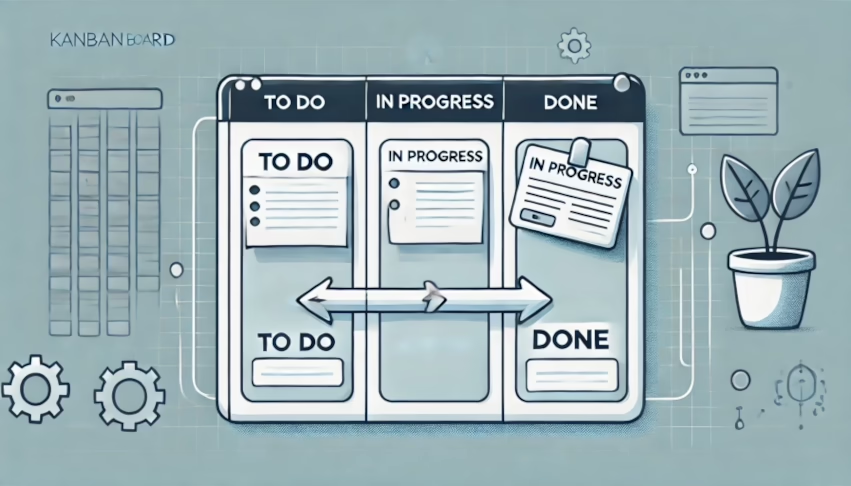When embarking on an e-commerce website development project, it’s crucial to understand the process and what to expect.
Here’s a breakdown of the key phases and tips for ensuring a smooth collaboration with your development agency.
Phases of E-Commerce Website Development
1. Project Phases:
E-commerce website development typically involves multiple phases. Each phase includes design or coding, internal testing and if passed, client testing (UAT – User Acceptance Testing), and if passed move on to next phase. Your feedback a the “client testing phase” is crucial at every step to ensure the final product meets your expectations.
2. Feedback Cycles:
This iterative process allows for continuous improvement until the results are satisfactory and it’s applied to micro and macro cycles. Be mindful of the number of revisions you request, as excessive changes can increase costs and lead to missed deadlines.

Managing Feedback and Revisions
3. Set Clear Expectations:
Some agencies may limit the number of revisions included in their quote, while others offer more flexibility. Understanding these terms beforehand can help manage your budget and expectations.
4. Avoid Perfectionism:
Focus on creating a functional and aesthetically pleasing website, but avoid getting bogged down in minor details, especially if you have a limited budget. Try to launch early, aim for a MVP – Minimum Viable Product and then improve things post-launch.
Agile Methodology
5. Sprints and Cycles:
If your agency uses the agile methodology, work will be organised into short cycles called “sprints,” usually lasting one to two weeks. Regular feedback during these sprints helps keep the project on track.
Provide clear and timely feedback, explaining the reasoning behind your requests. This helps the agency understand your needs and propose effective solutions. If you are slow with your feedback, your agency will probably organise its work around other clients.
Communication and Tools
6. Transparent Communication:
Effective communication is vital. Ensure the agency is responsive and keeps you updated on progress. They may use tools like Jira (see the screenshot here) or Trello for project management, which can give you visibility into the project’s status.
Having access to the agency’s project management tools can help you track progress and understand the allocation of hours and resources.

Balancing Expectations
7. Understand Agency Dynamics:
Recognize that agencies may not be as reactive as in-house employees due to budget constraints. Furthermore, agencies might prioritise larger or more “e-commerce committed” clients. This is usually done openly, but it’s easy to forget.
8. Professional Opinions:
Respect the agency’s professional expertise. If they suggest something isn’t feasible or recommend an alternative approach, consider their advice carefully. However, if you believe there’s a misunderstanding, don’t hesitate to insist on clarifications or improvements.
Building a Collaborative Relationship
9. Manage Discrepancies:
Discrepancies between your expectations and the agency’s deliverables are common, especially if you’ve negotiated a lower price. Understanding each other’s perspectives can foster better collaboration.
10. Show Appreciation:
Appreciate the work of your developers and clearly communicate any required changes, along with the reasons for those changes. This approach will help you build a cooperative relationship and achieve the best possible outcomes.
Conclusion
There is a lot to say about good and bad relationships with e-commerce and web development agencies.
The tips above are just a simple guide to help you set realistic expectations, manage your budget effectively, and foster a productive partnership with your development agency. This will ultimately lead to a successful e-commerce website that meets your business needs.
If, at any point, you feel that you might want to ask questions or introduce an unbiased third party in your e-commerce website development project, our e-commerce management and consultation services might be a good fit for you.




